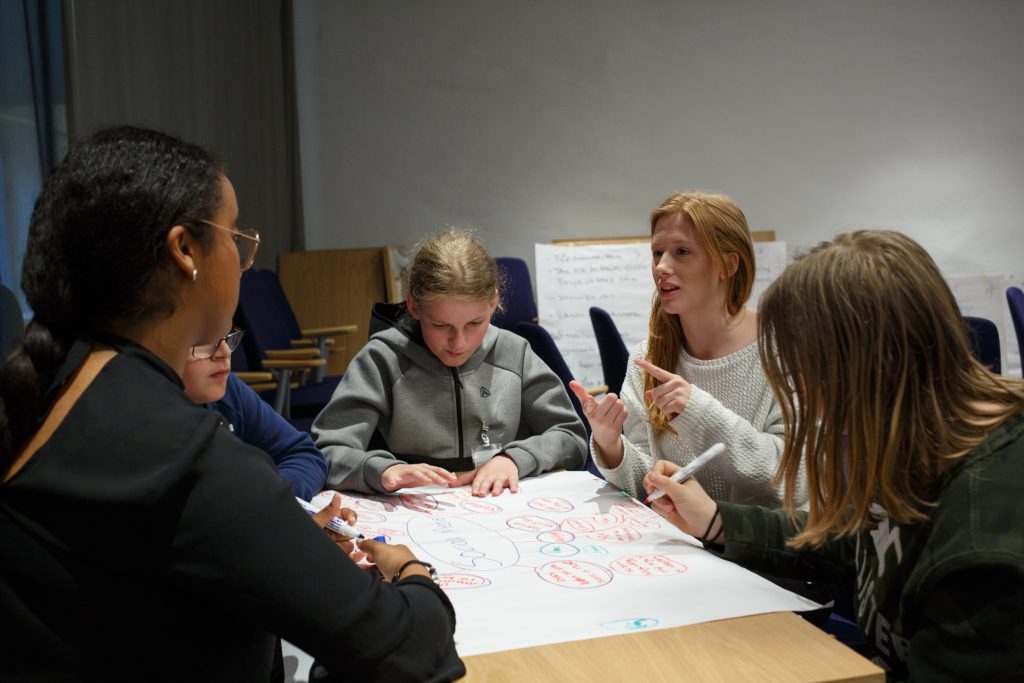How to Overcome Your Fear of Confrontation

Contents
Have you ever found yourself having difficulty saying the things that need to be said? Life is full of conflict, whether it’s a small everyday disagreement or an emotional discussion. Conflicts occur because we are all different: We like different things, we have different ways of viewing the world, and we have different habits. In the end, we’d all prefer to have it our own way if at all possible. But differences are natural, and navigating them can actually make us grow and learn. With that being said, why are some of us afraid of conflict?
For one, we might fear that if we express what we want, we might lose opportunities, or our relationships with people and their affection. Avoiding conflict may alleviate our anxiety in the moment, but in the long run, it has the opposite effect — it reinforces our habit of not expressing ourselves and not saying what needs to be said. This avoidance is the best way to not get the life we want. Expressing ourselves and confronting differences head-on is very simple, but unfortunately it is not easy.

How can we overcome this fear?
The fear of conflict can permeate every aspect of our lives. We may be afraid to speak up at work, whether about a problem in the office or to ask for a raise or promotion, because we may fear losing our job. In our love lives, we may be scared of losing our partner’s affection. This may be the same for conflict with family or friends. We should keep in mind, though, that expressing what we need is not a bad thing, and encountering conflict does not necessarily mean that you will lose something. How we express ourselves counts for a lot — if we say what we’re thinking with love and respect for the other person, we can potentially adjust relationships and situations without having to lose something in the process.
Acknowledge and observe
If you’re reading this article, you’re probably on a journey to know and improve yourself, and that’s crucial. We have all had different lives and upbringings. Even if we have the same difficulties as others, those issues will have different roots for each of us. It’s important to understand the causes of our behavior so we can obtain the tools to overcome them. A large part of this process is to not avoid our feelings, and acknowledge them instead. Observing them is the next step so that we can recognize how our emotions appear and thus we can try not to be as reactive to our feelings in situations of conflict.
Focus on situations, not personalities
Have you ever noticed yourself experiencing the same problems with different people? Do some situations keep repeating themselves in your life? Well, I have noticed this. I feel like whenever I don’t understand something or I don’t know how to deal with a situation, it keeps coming back. The first step in addressing these recurring scenarios is to understand that the problem might not be the other person — they can be just activating pre-existing patterns of behavior in ourselves. When we acknowledge and observe, we start to see and understand these patterns in our lives and see that they are more about situations and context than they are about people. When we stop blaming other people, we look for our own patterns of thought and behavior, and things get more clear. We have more distance that we can use to find a solution from within ourselves.
Join the conversation
Now it’s your turn to tell us about how you deal with conflicts. Are you able to speak your mind when you need to? Or are you afraid of expressing yourself? Have you ever tried the tips in this article? Did they work for you or do you have other ways to navigate such issues? Join the conversation in the comments below.


